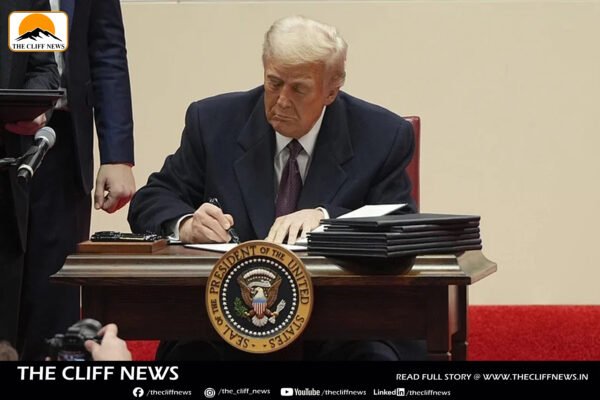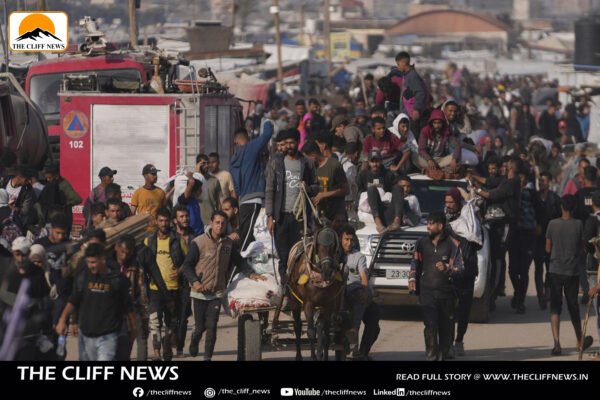Trump Reinstates Travel Ban on 12 Countries, Adds Restrictions on 7 More Amid National Security Review
In a sweeping move citing national security concerns, former U.S. President Donald Trump on Wednesday announced the reinstatement of a travel ban affecting 12 countries, along with new travel restrictions for citizens from seven others. The restrictions are set to take effect from Monday at 12:01 AM, according to an official White House statement. The countries facing a renewed travel ban include:Afghanistan, Myanmar, Chad, Republic of Congo, Equatorial Guinea, Eritrea, Haiti, Iran, Libya, Somalia, Sudan, and Yemen. In addition, new restrictions are being imposed on travelers from:Burundi, Cuba, Laos, Sierra Leone, Togo, Turkmenistan, and Venezuela. “This is about keeping America safe,” Trump declared. “I must act to protect the national security and national interest of the United States and its people.” According to the presidential declaration, the decision was based on a comprehensive review of visa overstay rates, the strength of civil documentation systems, and the level of cooperation these countries maintain with U.S. immigration and security agencies. Trump asserted that several of the affected nations fail to screen travelers adequately or refuse to accept deported nationals, posing a potential threat to U.S. interests. The announcement comes in the wake of a terrorist attack on June 1, 2025, at the Pearl Street Mall in Boulder, Colorado, in which the suspect was reportedly an Egyptian national who had overstayed a tourist visa. In a video message posted on social media, Trump referenced the incident as evidence of weak immigration controls and emphasized the need for stricter vetting. The current policy stems from a January 20 executive order, directing the State Department, Department of Homeland Security, and the Director of National Intelligence to reassess countries based on what the Trump administration termed “hostile attitudes” toward the U.S. and their overall security cooperation. Notably, this move mirrors Trump’s controversial 2017 travel ban, which initially barred citizens of Iraq, Syria, Iran, Sudan, Libya, Somalia, and Yemen. That order sparked nationwide protests, legal battles, and widespread backlash before it was revised and ultimately upheld by the U.S. Supreme Court in 2018. While the current list has expanded, reports suggest that Pakistan, Syria, and up to 41 other countries could also face future repercussions if found to be non-compliant in upcoming assessments. The Department of Homeland Security is expected to release additional details in the coming weeks.










